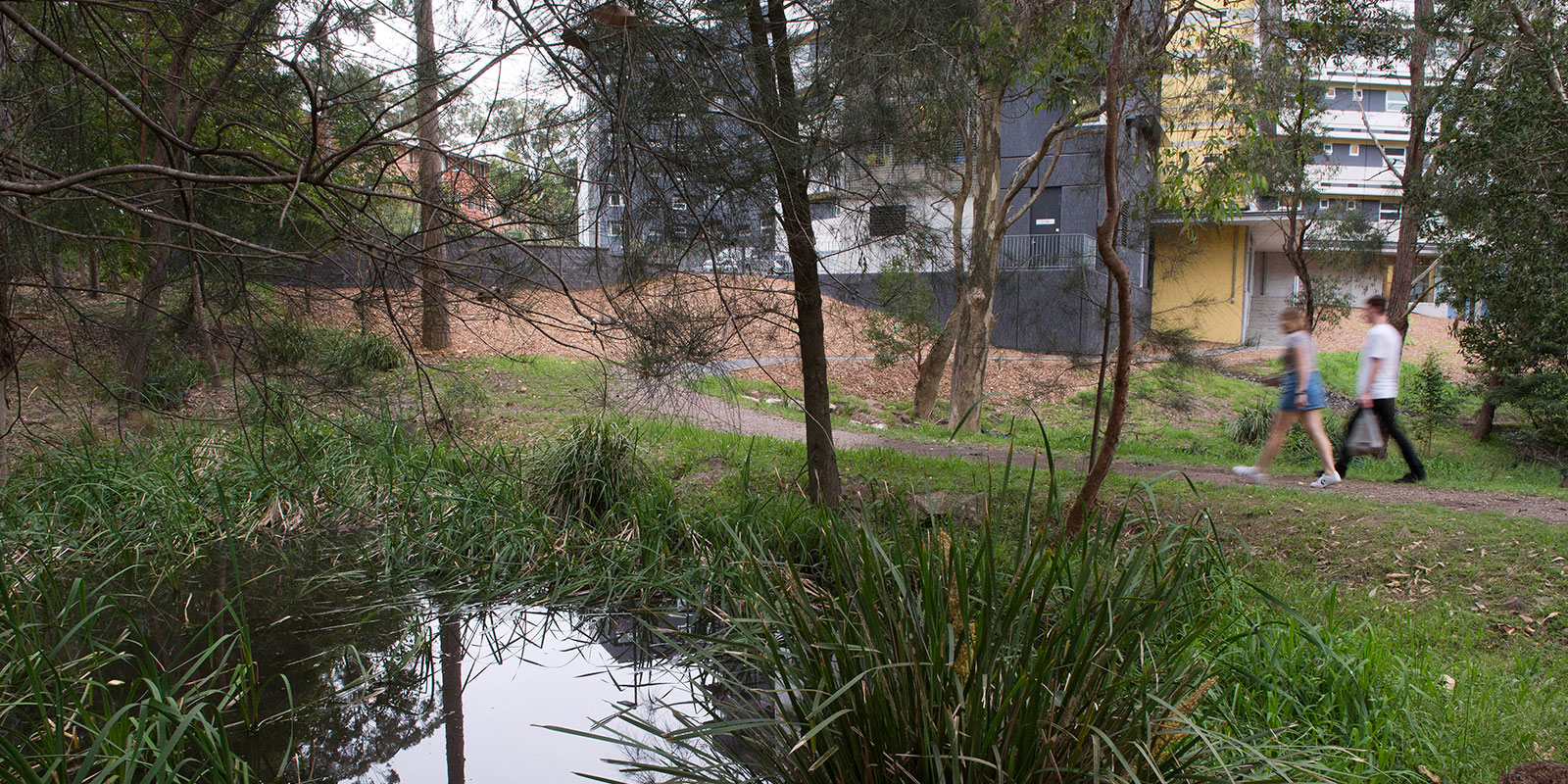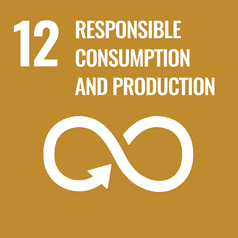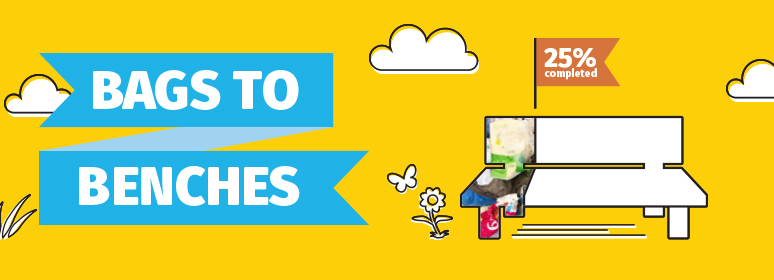

Goal 12:
Responsible Consumption and Production
Policy for Minimisation of Plastic Use
The University of Newcastle has policies, processes and practices aimed at minimising use of plastic. In particular, Clause 12(c) of the Environmental Sustainability Policy requires that the University “minimise the use of plastic and disposal items across our campuses.”
Here is how that policy commitment is structured, how it is actively implemented, and 2023–2024 examples showing plastic‑use minimisation in practice.
Policy basis: Environmental Sustainability Policy, Clause 12(c)
- Under “Waste and Recycling”, Clause 12 of the Environmental Sustainability Policy includes several sub‑clauses. Clause 12(c) states the University will “minimise the use of plastic and disposal items across our campuses.”
- The policy further links to the University’s Procurement Policy (requiring alignment of suppliers with sustainability goals) and the overall Environmental Sustainability Plan, meaning the plastic‑use minimisation goal is tied into supply, procurement, operational and engagement decisions.
- The policy is part of the University’s integrated environmental governance approach: the Environmental Sustainability Policy is the “uppermost environmental policy” and underpins more specific strategies and procedures.
The Environmental Sustainability Policy was effective from the 8th of December 2022 and will be reviewed in December 2025.
The Procurement Policy was effective from the 15th of September 2023 and was reviewed in March 2025.
Implementation, initiatives & evidence (2023–2024)
Beyond policy text, the University of Newcastle actively pursues programs and initiatives to reduce plastic use, promote alternatives, and engage the community.
Plastic Free campaign and targets
- The University runs a Plastic Free campaign designed to shift the campus away from single‑use plastics. This is aligned with the policy goal of plastic minimisation.
- A concrete target is in place: the University aims to remove single-use plastic products from key areas on campuses by the end of 2025.
- To support this, the University is introducing reusable container schemes, switching to compostable packaging (where feasible), and encouraging vendors to transition to plastic‑free products and compostable stationery.
- At University‑catered events, the University has pledged to remove single-use plastic items.
These steps indicate that the policy is being translated into real campus actions towards plastic use minimisation.

Soft plastics recycling (Bags to Benches)
- As part of our plastic‑minimisation efforts, the University partners with Plastic Police in a soft plastics recycling program (Bags to Benches) which converts collected soft plastics into outdoor benches on campus.
- To date, the University has collected and recycled over 362,500 pieces of soft plastic through this program.
- This initiative helps reduce plastic waste entering general waste streams, thereby reducing demand for new plastic items and encouraging reuse or recycling of existing plastics.
- See where these benches are located.

Behavioural & engagement measures
- The University encourages BYO (bring your own) reusable items such as cups, lunch boxes, utensils, and offers discounts for using reusable cups at campus cafés.
- There is a Plastic Free Guide for staff, students and vendors, offering tips and guidelines to reduce plastic use on campus.
- The University aligns itself with state and federal plastic reduction regulations. For example, we support the ban on certain single‑use plastics in NSW (from 1 January 2025) and we encourage vendors to comply.
Integration with procurement & supplier alignment
- The policy domain is tied to procurement — the Environmental Sustainability Policy states that the University, in implementing our Procurement Policy, will favour suppliers aligned with our sustainability goals (which includes plastic minimisation)
- This means the University can select suppliers whose packaging, product choices or operations are lower‑plastic or plastic‑free, reinforcing the plastic reduction aim in the supply chain.
The University of Newcastle acknowledges the traditional custodians of the lands within our footprint areas: Awabakal, Darkinjung, Biripai, Worimi, Wonnarua, and Eora Nations. We also pay respect to the wisdom of our Elders past and present.